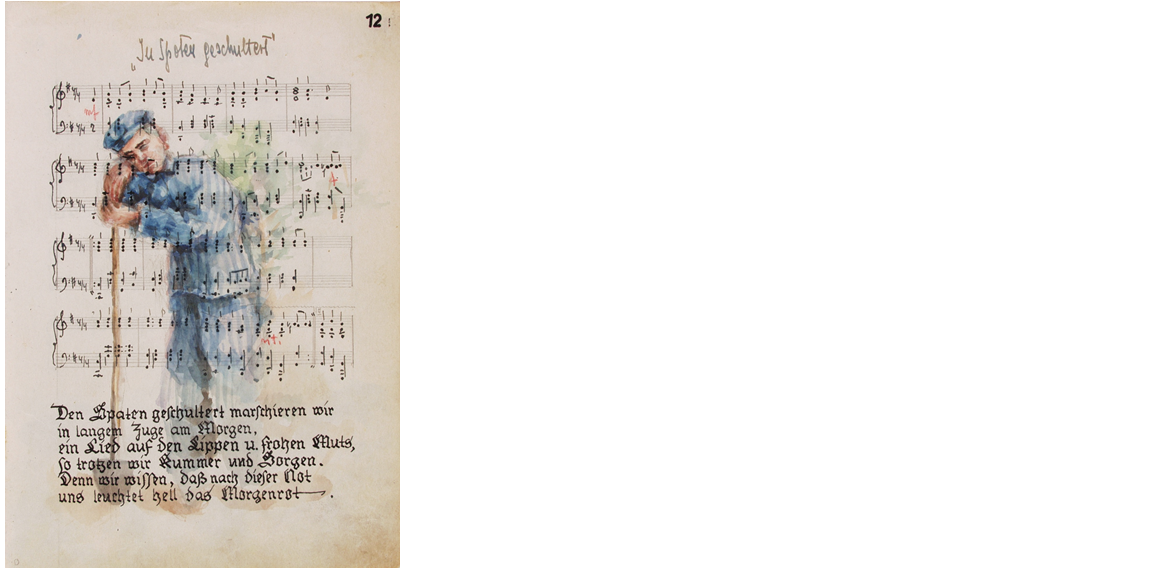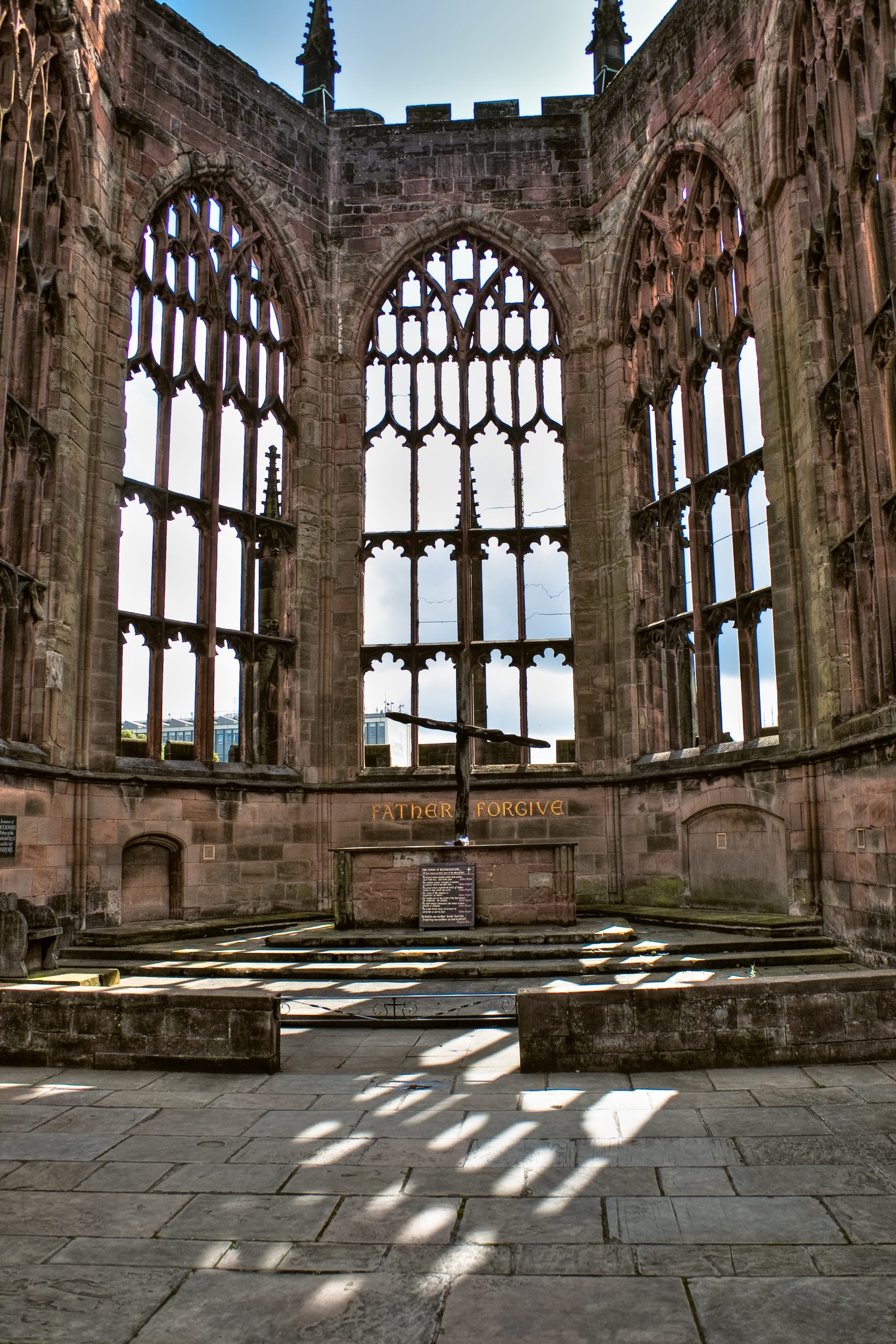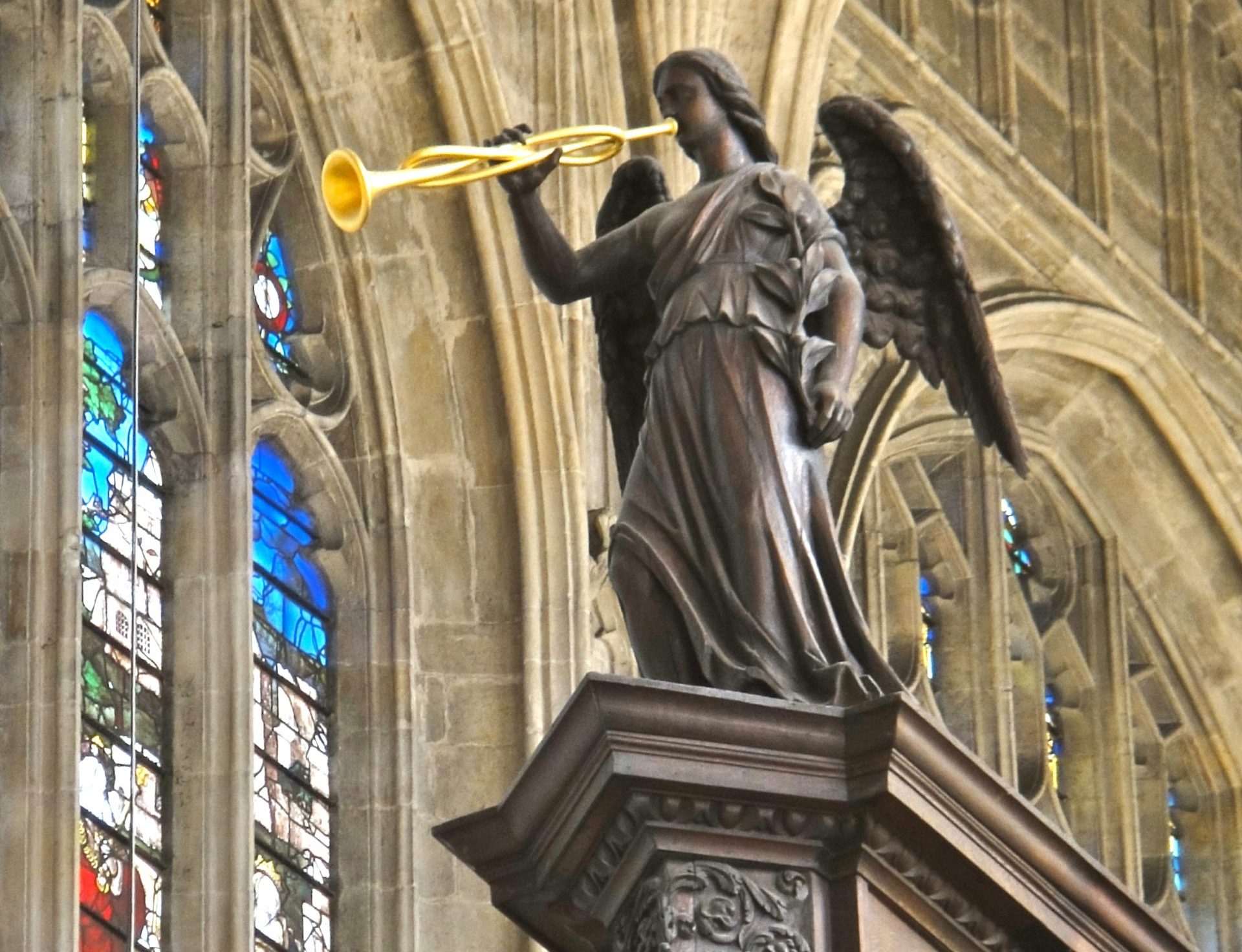Musica Pro Pace
The “musica pro pace” concert series stages performances of compositions that musically express the loss and suffering of war, or people’s longing for peace.
These prestigious concerts – sold out year after year – are immensely popular among music-lovers, and have been a valuable addition to cultural life in the City of Peace. The diverse programs and their virtuoso staging attract a great deal of media attention each year. National and international broadcasting companies have recorded some of the concerts and have broadcasted them several times. Rarely performed works or “forgotten” pieces of music are staged in addition to very well-known compositions. Quite often, spectacular rare pieces are performed, which enables the audience to rediscover the work, thus reinvigorating the piece and inspiring the audience.
One component of the repertoire is 20th century works. But the Renaissance and the Baroque era are also represented with major compositions. During the concerts, listeners discover paths to music that are especially touching, taking an emotional and impressive approach to exploring the topic of war and peace.
Musicologists and composers share their expertise with the audience, explaining the historical context of the origin, the musical qualities, and the message conveyed by the individual works. Since its establishment, the series of concerts has been a central element of the Osnabrück Peace Forum. The programs are devised by Dr. Stefan Hanheide, apl. Professor of historical musicology at Osnabrück University.
The idea behind the “musica pro pace” concerts was to mark Osnabrück Peace Day, held annually in remembrance of the proclamation of the Peace of Westphalia from the steps of Osnabrück Town Hall on October 25, 1648.
musica pro pace 2022
„Dona nobis pacem“ – Friedensmusik für 1945
In 1940, the French composer André Jolivet created a “Messe pour le Jour de la Paix” – a mass for the day of peace. It was immediately preceded by the Compiègne Armistice of 22 June, which sealed the occupation of France by Nazi Germany. Jolivet longed for a return to peace, for which he created his Mass.
musica pro pace: Benjamin Britten War Requiem op. 66
„Dona nobis pacem“ – Friedensmusik für 1945
In 1940, the French composer André Jolivet created a “Messe pour le Jour de la Paix” – a mass for the day of peace. It was immediately preceded by the Compiègne Armistice of 22 June, which sealed the occupation of France by Nazi Germany. Jolivet longed for a return to peace, for which he created his Mass.
musica pro pace 2021
„Dona nobis pacem“ – Friedensmusik für 1945
In 1940, the French composer André Jolivet created a “Messe pour le Jour de la Paix” – a mass for the day of peace. It was immediately preceded by the Compiègne Armistice of 22 June, which sealed the occupation of France by Nazi Germany. Jolivet longed for a return to peace, for which he created his Mass.
musica pro pace 2019
“This war is not our war!” – calls for peace in the thirties
Dictatorships arose in Europe in the 1930s, bringing the fear of a new world war. This concern was expressed in many works of literature, art and music. A selection of five works for a cappella choir were presented during the concert.
musica pro pace 2018
»1918«
These three concert works are all related to the year 1918, which marked the end of the First World War. The pianist Ludwig Wittgenstein, who lost his right arm in military service, used his family’s vast fortune to commission piano works for the left hand. The works produced included compositions by Prokofiev, Hindemith, Korngold, Britten and, most famously, Ravel’s Piano Concerto. These works commissioned by Wittgenstein are indicative of how he morally opposed his war wound and would overcome his personal artistic disability.
musica pro pace 2017
Friedensmusik im Reformationszeitalter 1517-1648
In Kooperation mit dem Kammerchor St. Johann
musica pro pace 2016
Mikis Theodorakis
In Kooperation mit dem Theater Osnabrück
musica pro pace 2015
»1915« – Rudi Stephan und Richard Strauss
In Kooperation mit dem Theater Osnabrück und den Bielefelder Philharmonikern





